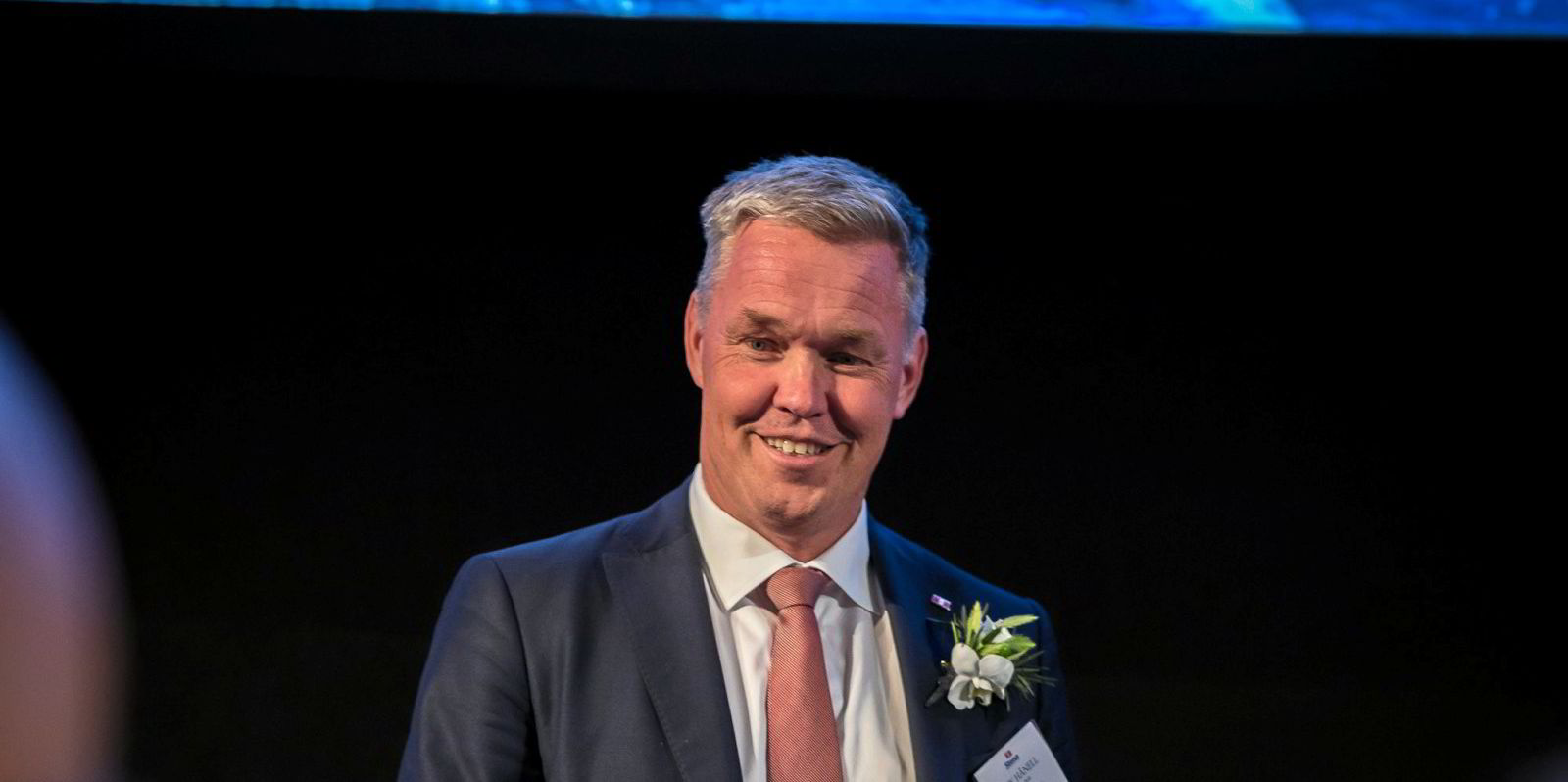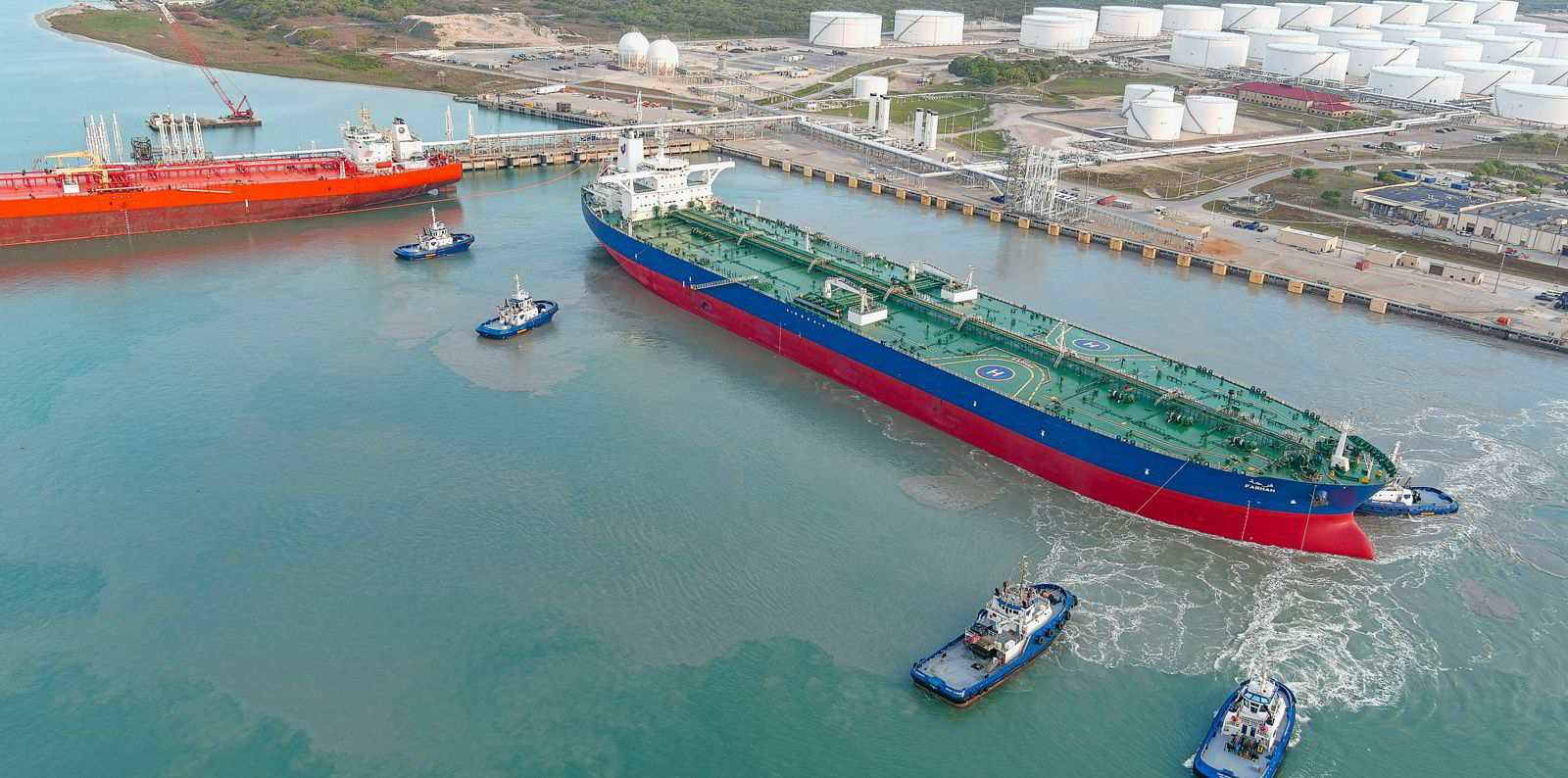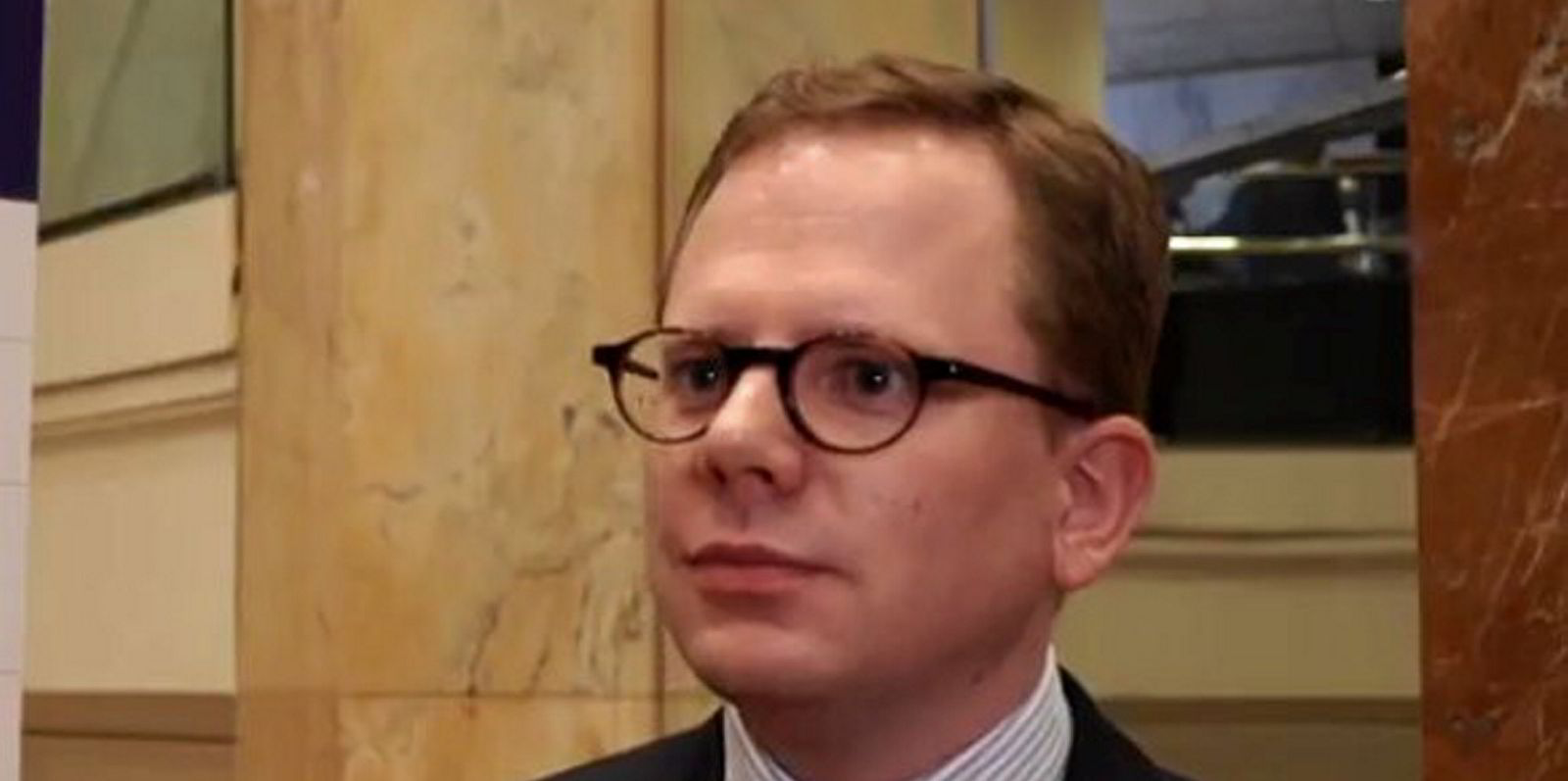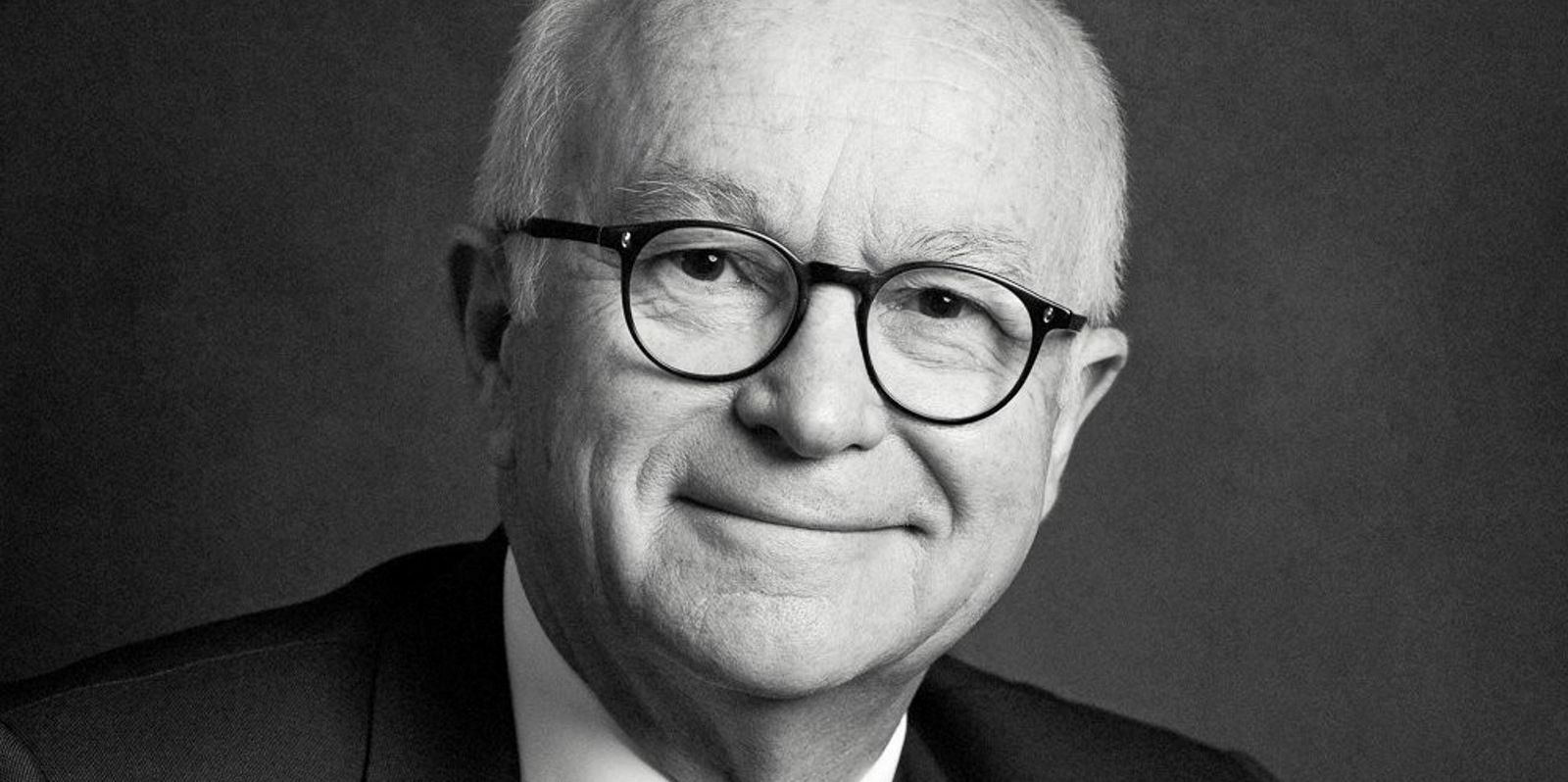The continuing very low numbers of new tankers being contracted at shipyards is music to the ears of Stena Bulk chief executive Erik Hanell.
The boss of the Swedish suezmax and MR specialist believes the industry has so far been quite disciplined in terms of new vessels, even as rates rebound.
“I have to say every day I don’t see an order I get even happier,” he told TradeWinds.
“And the shipyards are full anyway, but not with tankers luckily enough,” Hanell added.
Higher newbuilding prices and questions over future fuelling are a big factor, of course.
“Even if we think we are close to a valid solution, I would not order a massive number of ships on speculation based on that,” the CEO said.
A new MR carrier in South Korea now might set an owner back in the high-$30m, or maybe even into the low-$40m, with suezmaxes at $70m-plus, he added.
“That is quite expensive,” the boss said.
Stena Bulk is currently taking delivery of three methanol-fuelled MR carriers tied to long-term contracts with giant Swiss methanol producer Proman.
Referring to methanol, Hanell said: “The more you learn about it, the more I think it’s going to be one of the bigger solutions for future shipping.”
From grey to green
He sees the fuel as a “good pathway” to get greener and greener.
Grey methanol, produced from natural gas, will cut CO2 emissions by between 10% and 15%.
But Hanell sees a 50% reduction as “not that far away”.
This will not come cheap, but Proman has indicated that with long-term contracts in place, it will definitely invest, the CEO said.
Hanell believes this will also be true for shipowners, particularly when it comes to ferries and boxships that have regular routes along which to line up fuel supplies.
Asked about more methanol-fuelled tanker orders for Stena Bulk, the CEO called these ships “super expensive”.
Contracts essential
“If we have a contract, that’s one thing, but I will not do it on speculation,” he said.
Hanell added that the wider Stena group is looking at converting some more ships to run on methanol.
Fleet renewal through selling older tankers is also something under continuous scrutiny.
Five of Stena Bulk’s suezmaxes date from 2011 to 2013, while the MR fleet was built mostly between 2016 and 2018.
“We built our ships to last for 30 years, but when opportunities come up and we see a strong market for the assets, we are of course considering that,” said Hanell.
He explained that it is always a question of whether it is best to play the spot market or sell. “Most of our fleet, they are experienced now. They are not new, but they’re experienced!” he added.
Retirement considered
“Some might be ready for retirement as well, nothing urgent,” the CEO said.
The shipowner is also looking closely at carbon capture to reduce emissions.
Hanell said this is quite complicated on long spot routes because the question arises of how the CO2 will be stored on board.
“This is something we are very interested in and we have a number of products that we are now focusing on a lot,” the CEO added.
He predicts some interesting news from the group in the next six to 12 months, as Stena explores the issue with a number of players.
Hanell also believes the process can work well with the use of methanol bunkers.







